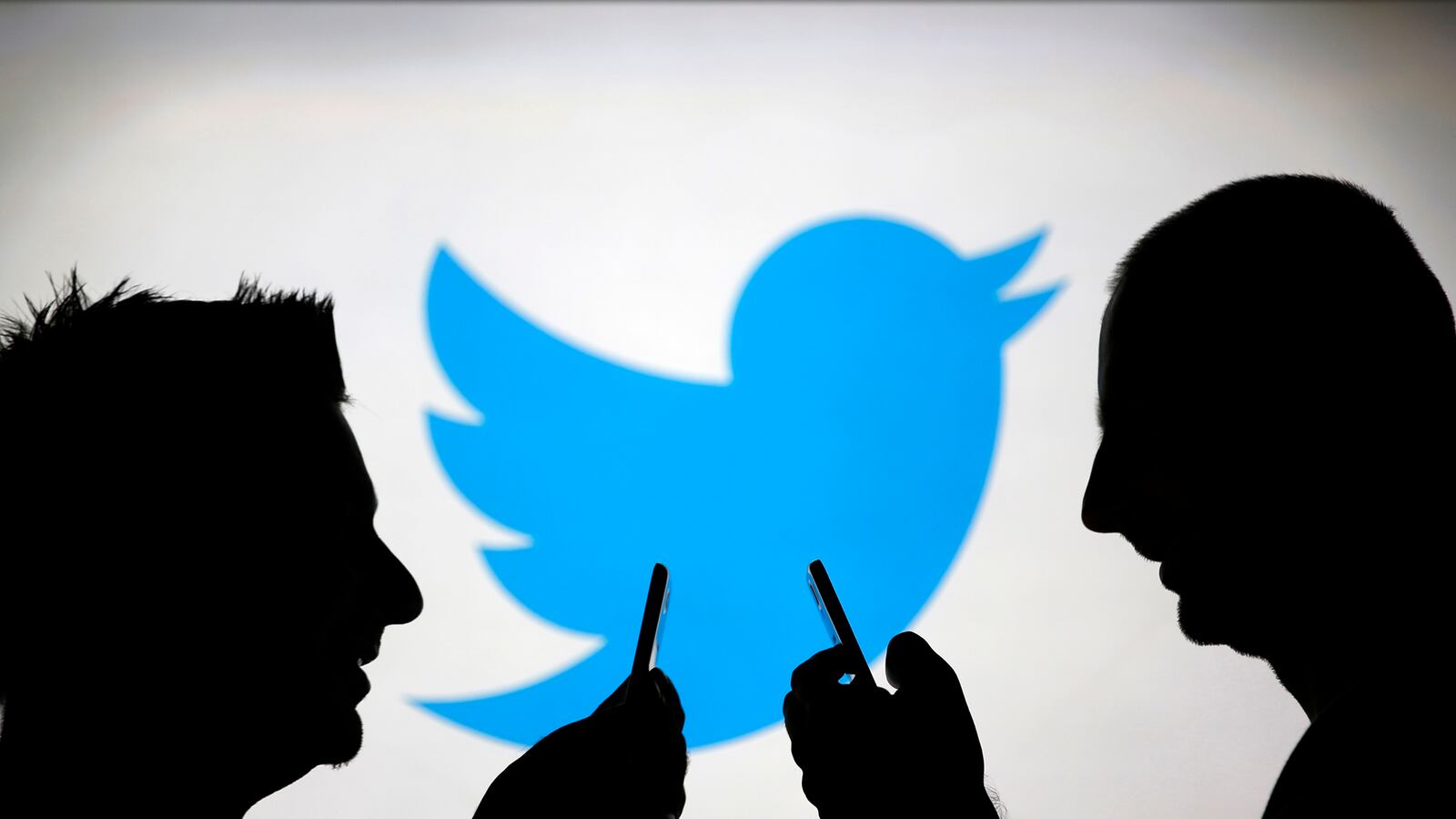I started off by hating Twitter, chiefly because I thought that there were rules about how to use it and I didn't get on with these: I didn't want to retweet articles from The New York Times or link to photos of what I had for lunch or comment on a TV program. I felt I didn't have anything to say in the sense that a pop star or politician might.

Then I realized that Twitter was as free of rules as a sheet of paper—it was up to everyone to work out what they wanted to do with it.
And what I found I wanted to do, above all, was write aphorisms. By aphorisms, I mean those short, sentence-long pithy psychological/sociological reflections of which a remarkable number of French writers have been the masters. My favorite remains La Rochefoucauld, with his: “We all have strength enough to bear the misfortunes of others.” But I also like Chamfort's: “We should swallow a toad every morning to be sure of not meeting with anything more disgusting in the day ahead.”
So it's in that spirit that I write my aphorisms and post them on Twitter. I distill scenes from my life—by which I mean my social life, but also my reading and imaginative life—into these dense small sentences. I'll go for long periods without posting anything, then suddenly feel a rush of aphorisms and stick up 10 in a row. To pick some recent example:
Anyone who isn't embarrassed of who they were last year probably isn't learning enough.
Rather than feel guilt, people who have hurt us typically start to hate us - for reminding them of their own meanness.
Work begins when the fear of doing nothing at all finally trumps the terror of doing it badly.
People who don't believe in us; those unwitting, continuous sources of motivation.
Evidence you gave your children the requisite amount of attention: they have no interest in being famous.
What gets called 'wasting time' is almost always fear, not laziness.
I love the speed with which you can connect with an audience. The process of publishing a book is like telling a joke—and then having to wait for two years to find out whether it was funny or not. On Twitter, you're told immediately whether you've hit the mark or not. It saves time, you learn about yourself more quickly.
An author's life is powerless. You sit alone in a room, without any colleagues or support and you worry if there's anyone out there. In a basic sense, Twitter reminds you that yes there is someone. Moreover, it helps you to disintermediate your publisher and the mainstream media and get straight to people who care about your work, cutting out the millions who don't give a damn. It makes for a much more immediate, reassuring connection.
My career used to hang on whether or not I was reviewed in the mainstream press. Nowadays, while reviews continue to help (and sometimes hinder), I can survive by communicating directly with readers about my work.
Social media really achieves what pundits were promising us it would achieve back in 2002: it gives the little guy a chance to run their own show and free themselves from the anxieties and pressures of the large machines which we used to have to negotiate.






